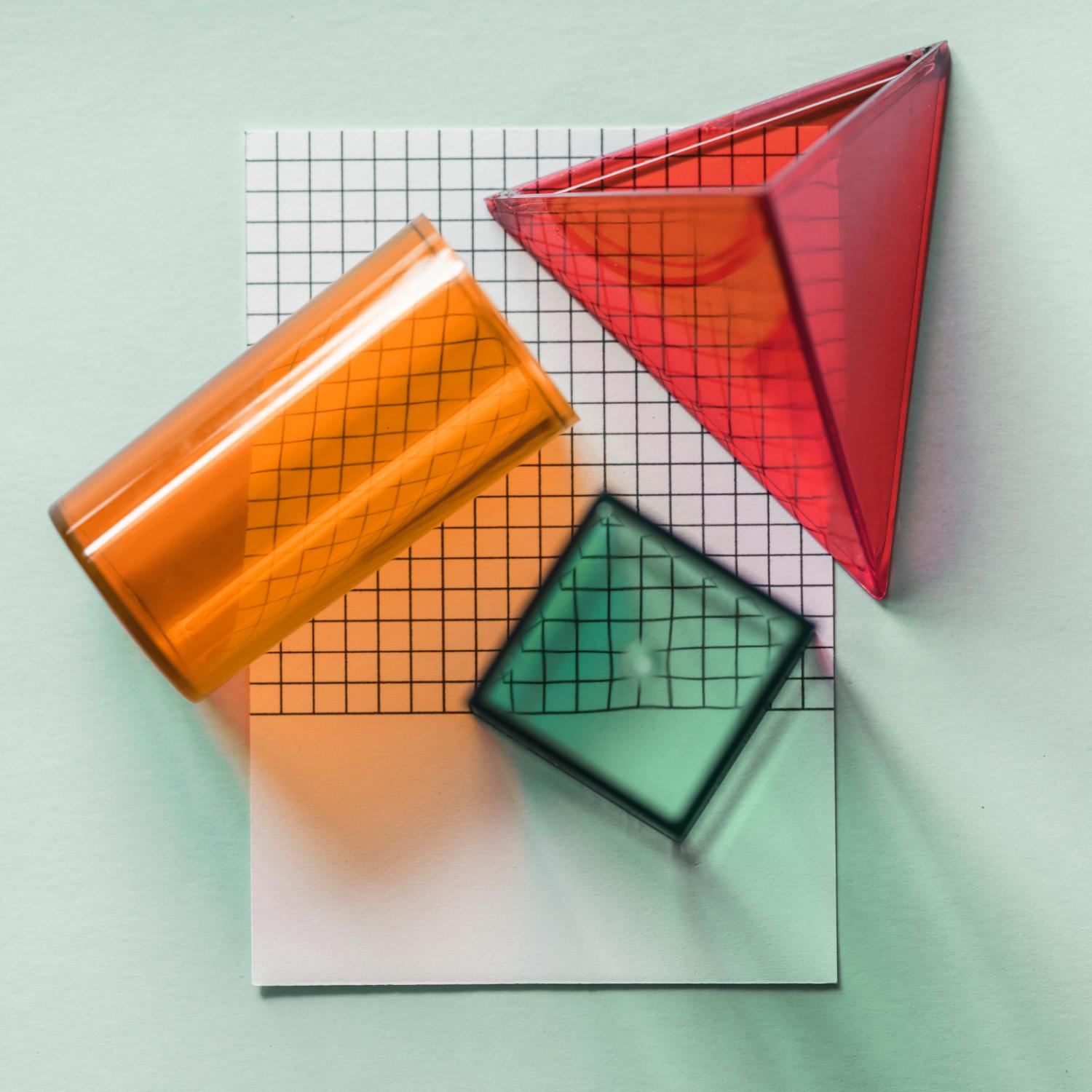
Businesses and scientific researchers are to join forces to explore new methods of recycling plastics under an ambitious UK government programme.
The team will make up the Plastics Waste Innovation Hub being established at University College London alongside research into breaking down plastics into reusable material by introducing bacteria into recycling technology.
The operation is one of eight government projects to discover new ways of making, using and recycling plastics beginning in 2019.
The projects, supported with £8m ($10.1m, €8.8m) of government money, will investigate alternatives to fossil-based materials for producing plastic and will analyse the intricacies of the life cycle of plastic materials.
Researchers at eight universities will focus on the needs and behaviours of businesses and consumers and the use of technologies to reclaim discarded plastic. Their efforts could radically change the manufacture of plastics and the way business handles them.
The work is in line with the wider Bioeconomy Strategy though which the government aims to cut production of carbon-intensive goods, including plastics, and improve ethical standards in their use. The simple message to business is to “use, re-use and recycle”.
One of the projects, at Hull University, will concentrate on developing biodegradable polymers. Specialists hope to produce new materials that can be put to other uses after disposal, but will not clutter the environment for hundreds of years un-degraded if they are discarded.
Another project, at Manchester University, will develop graphene filters to remove tiny pieces of plastic from water and will devise a chemical method of recycling contaminated and mixed soft plastic materials.
Sifting fragments out of water could contribute to present attempts to rid the oceans of plastic, a form of pollution that has posed a particularly intractable problem.
Other projects in the programme will be at Cambridge, Exeter and Sheffield Universities, Imperial College London and Queen’s University Belfast.
Professor Duncan Wingham, head of plastics undertakings at UK Research and Innovation, the government body that directs research funding and oversees a £7bn-plus budget, said: “These eight multidisciplinary research projects will lead the way in finding new solutions to our current use of plastics, through recycling methods and developing alternative materials.
“UK Research and Innovation is drawing UK researchers together with companies to address the challenge of reducing plastic waste entering the environment and creating an economy that is free from plastic waste.”
Science Minister Chris Skidmore, who announced the programme, said: “We have all seen the devastating effects that plastic waste has on our environment, threatening the biodiversity of our oceans and introducing micro-plastics into the food chain.
“We are committed to tackling this problem, from developing plastic-eating bacteria to finding new ways to recycle.
“These projects have the potential to lead us to a cleaner, greener economy but also ensure the UK is at the forefront of the latest innovations and products that will be in high demand across the world through our modern Industrial Strategy [an overall government plan to boost productivity, create jobs and increase earning power].”
The plastics research programme is accompanied by another government strategy that includes imposing a legal duty on producers of harmful waste and the creation of a deposit return scheme to accelerate the recycling of single-use drinks containers.
Earlier in 2018 the government earmarked £60m for research into more sustainable packaging. One objective will be to make packaging out of waste from farming, food production and industrial processes.














